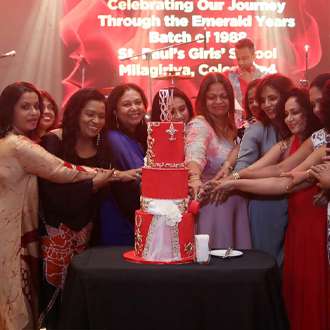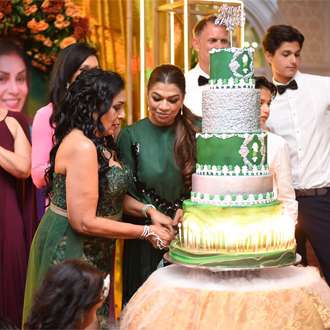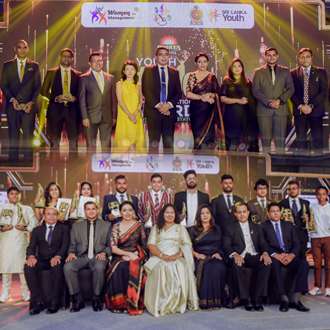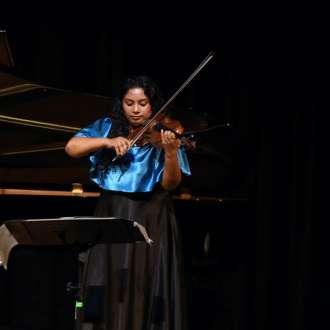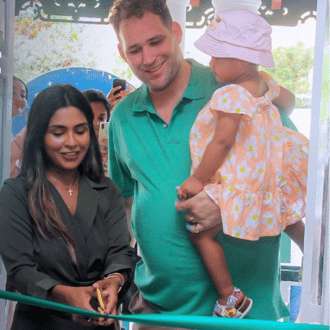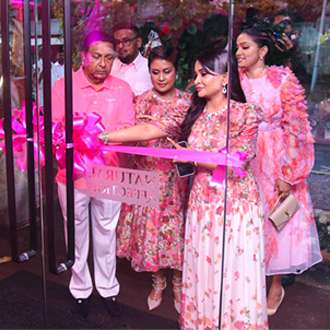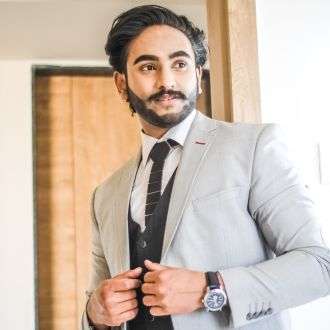Netherlands netherlands based Sri lankan adoptee sanne van rossen details her mission to help adoptees trace their biological parents
Sanne Sandamalee Van Rossen according to her birth certificate was born 34 years ago in a tiny village in Ratnapura and adopted by a Dutch family at the age of four weeks. Keen to trace her biological parents she embarked on a journey to locate her birth parents. Her search was relatively easy but countless others in her position were faced with hurdle after hurdle due to false documentation. Keen to highlight their plight Sanne wrote her first book, The Adoption Cover Up of Sri Lanka which highlights the irregularities of Sri Lanka’s adoption process. Moved to action, Sanne is championing the formation of a DNA databank so that other adoptees can search for their biological parents with relative ease.
I was adopted by a Dutch family along with another pair of Sri Lankan twins, a boy and a girl. Our shared experiences as adoptees inspired me to write a book about the stories from the perspective of Sri Lankan adoptees. When I spoke to fellow adoptees I found that many couldn’t find their families because of falsified papers. I also heard about a lawyer who was involved with Dutch adoptions who was arrested for child trafficking. This was a shocking revelation and it made me wonder if the adoption papers of my brother and I were genuine. During this period I discovered a lot of disturbing facts about our adoption. That is when my journey to discover the truth began.
By sharing our stories with each other we know we are not alone, especially when it comes to the emotional aspect of being adoptees. During my research I was part of a Dutch documentary on adoption and when it was screened I saw a huge rise on social media where everyone was sharing their adoption stories. I was overwhelmed by the messages sent by adoptees. A lot of adoptees experience a raft of complicated emotions and after the book was published, things are more out in the open.
It was difficult, because I was emotionally involved in this journey. Everytime I visited Sri Lanka I was greeted with news which made me sad and surprised at the same time. That period was a real emotional rollercoaster for me. After the TV documentary was aired, other TV stations also did some shows which was followed by the release of my book. The reaction of the public was overwhelming. After publishing my book it took me a year to get over the emotional strain and stress that I had endured in the process of writing and researching the book. I had hidden away these feelings but after the book I felt free. It also proved to be therapeutic as I emerged from the whole experience as a woman who was free and above all not only had I located my birth mother, but I had also managed to empower so many other adoptees in the process.
I spoke to a couple of hundred adoptees, some of whom I interviewed for my book. Their stories are all documented in my book.
This documentary came about because of my book. Most people received it very well. That documentary created awareness as many people shared their stories. This prompted various groups to come with solutions to trace birth parents using DNA methods. It also gave the opportunity for birth mothers to air their stories. However some adoptive parents were made to feel guilty about the entire situation as some felt the birth mothers had no say in giving their children up for adoption.
When I first heard the term ‘baby farm’ I was mystified. I was told that baby farms were places where either unmarried pregnant women were taken in to have their babies or women were made pregnant so that their children once born could be sold to foreigners. I was also told that one woman was running a brothel where young girls once pregnant would be sent to the baby farms. Disturbingly, I also found out that some hospitals too had baby farms. Organised teams of people who were employed in the hospital would convince vulnerable women to hand over their babies. In order to know more about this we need more women to step forward and reveal their stories. Given the social stigma surrounding the circumstances it would be difficult for women to relate their experiences but it is important to if we are to get to the truth.
I think the adoption organizations in the Netherlands and other parts of Europe, including laywers, judges, probation officers and government officials from Sri Lanka and the Netherlands who were involved in the adoption chain. It appears they knew about the fraud which was taking place in the 80’s.
As adoptees we have had to deal with facing our feelings of not only being adopted but discovering that information on our adoption papers is a lie. We need more attention on the birth families in Sri Lanka as many of them do still want to find the children they gave up for adoption. Our goal is to have a DNA databank so that birth parents can register with it. If their children decide to search for them they can do it with ease through the DNA databank.
It is important that we set up a DNA databank as many of the adoption papers were falsified. If there is a DNA databank then Sri Lankan adoptees can find their biological families through the help of this DNA databank. After the screening of the documentary which I mentioned earlier, like-minded Sri Lankan adoptees set up a group called the Sri Lanka Family Project. Unfortunately as discussions are in progress with officials in Sri Lanka it is still seen as a sensitive issue, therefore we are unable to reveal much details at the moment.
I was relatively lucky as my biological mother’s address on the documentation was correct so I located her rather quickly. However, once I met my mother the greatest challenge I faced was communicating with my mother and accepting that she didn’t want to tell the real story about my adoption. Although I saw her pain, for me it was so important to know what really happened to her. I realised for her it was difficult to deal with the ghosts of the past and it took a while to get to the bottom of the story.
I have mixed feelings about it. It was very important for me to know who my biological mother was. I had an identity crisis myself, but after finding her I realised that she was still haunted by the adoption and still pained by it. I realised then that it’s important to know that when you want to find your biological family apart from yourself, they too will go through great turmoil.
Speaking for myself I needed to embark on the journey to find my biological family as I had so many questions about my birth. I had to get to the truth in order to continue with my life. I wanted to know about the woman who gave birth to me. It was a rollercoaster of different emotions which ranged from insecurity and worry to happiness and curiosity. A lot of adoptees battle a raft of psychological and emotional issues which range from unanswered questions.
When they heard about the scandal and the fraud I think they were in a lot of pain after being in denial because nobody wants this for their children. In a way they had to confront their fears. We both view things from different perspectives. I am very grateful for them and we have a good relationship. Sometimes hearing the truth can be difficult but you need to accept things as it happened. I have always believed in speaking from my heart and I feel when you do that you can’t go wrong.
When I held my baby in my arms when he was 4 weeks old, I realized that this was the same age when my biological mother gave me up for adoption. I couldn’t imagine how painful that must have been for her. This was the moment I changed my life and when I decided to start on a mission to help other adoptees.
Never give up until you have tried everything to search for your parents because you have the right to know. Also do things that make you happy. Work on knowing yourself very well so that you can make decisions in life that are good for your wellbeing and not for other people.
I am proud that I was invited to campaign for this organization which provides support and aftercare for adoptees. The Adoption-Aftercare Foundation aims to create broad support for the problems that adoptees, adoptive parents and birth parents have to deal with. We see so many stories where adoptees are reunited with their birth families but behind the smiles there can be sadness. Also adoptees are keen to know the story of their birth and the circumstances which led to their adoption. Some of those stories can be painful. We want to identify all negative and positive aspects of adoption and help people deal with it. We want to support every link in the adoption chain in whatever way we can. My search for my birth mother had a happy ending but I know countless others who are still searching. Having been through that journey I know how important such a support mechanism is and I am more than happy to contribute my experience to this and bring together Sri Lankan adoptees with their birth families which is my ultimate goal.
Photos:Prasantha Yahampath, Y-Imagery, Netherlands
